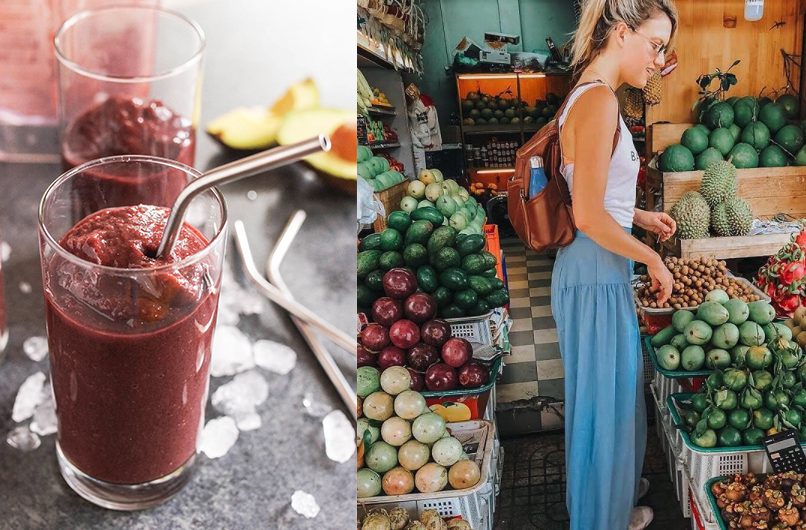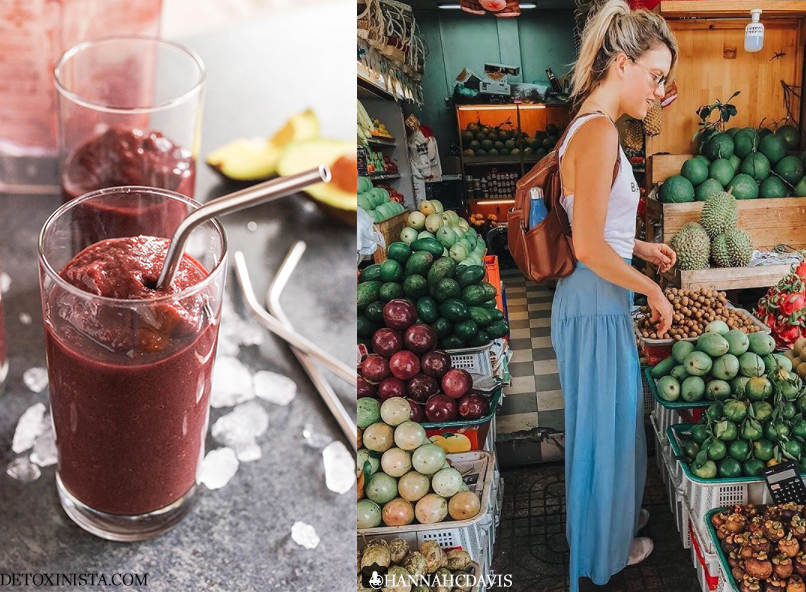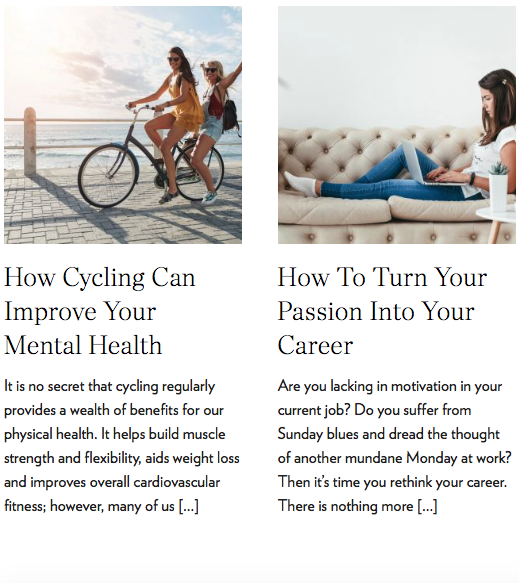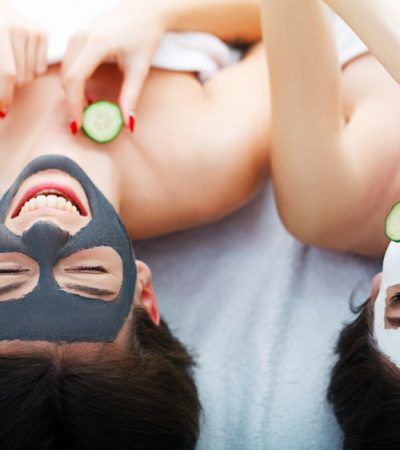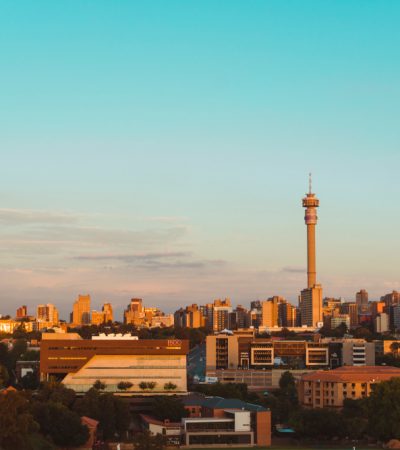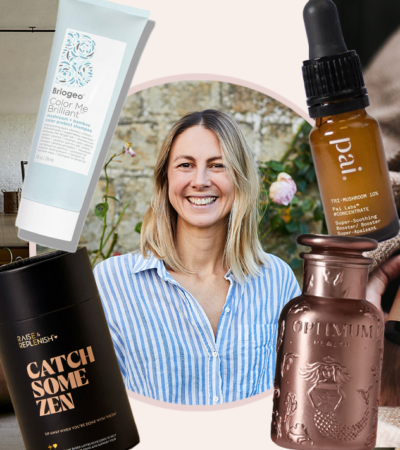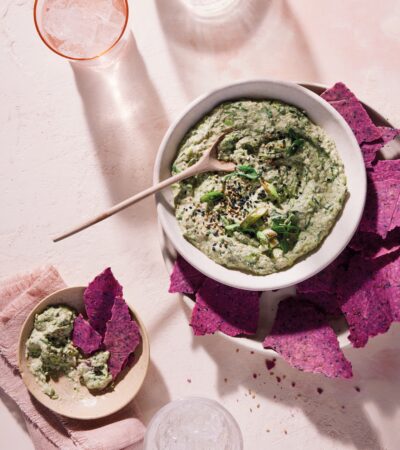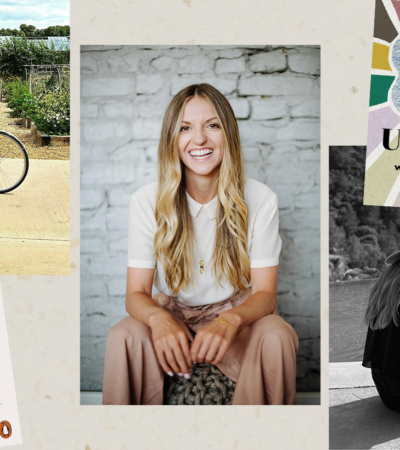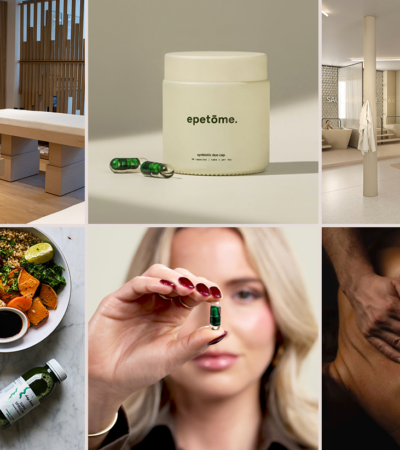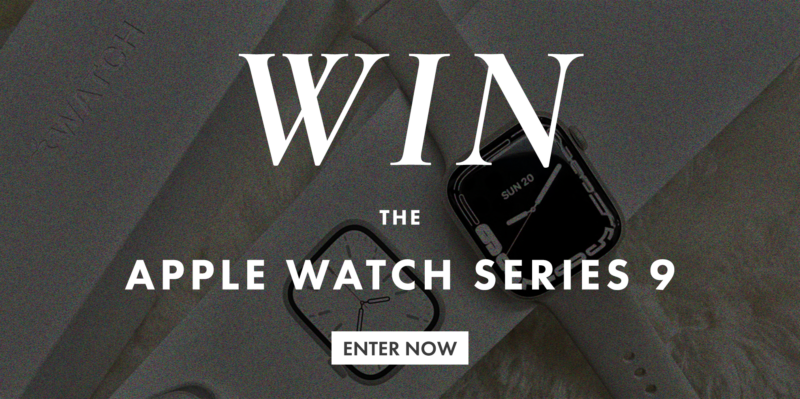It’s official – we have declared a “war on plastic”. Programmes such as Blue Planet 2 have highlighted the plight of our oceans and raised much-needed awareness of the devastating effects of plastic waste on our environment. Consequently, we are now beginning to challenge the disposable plastic culture that we live in. Even Her Majesty has gotten involved, banning plastic straws and bottles from the Royal Estates. While you may not have the power or the resources of HRH, doing your bit may be easier than you think. Here are 7 ways to reduce plastic waste in your household.
SAY NO TO SINGLE USE PLASTIC WATER BOTTLES
Each year Brits use 7.7 billion single-use plastic water bottles and less than half of these are recycled which means an astronomical number end up in a landfill and many will go on to pollute our oceans (it takes up to 400 years for nature to biodegrade a plastic bottle). So, if you’re someone who reflexively picks up a bottle of water with your morning latte, now’s the time to kick that habit. Instead, invest in a reusable bottle – We love S’well Bottles which are functional and keep your water (or homemade smoothie) cold for up to 24 hours. You can also check out www.refill.org.uk which is a free tap water initiative – just download the app and find your nearest location to fill up.
PACK IT IN
If, like us, you are someone who enjoys a good ol’ packed lunch, then you’ll want to know about Bees Wrap which is a natural, washable, reusable and compostable alternative to plastic wrap for food storage. Made with organic cotton, beeswax, organic jojoba oil and tree resin the wrap is elegant and, dare I say it, stylish which means you, and your beautifully wrapped leftovers, will be the envy of your colleagues at lunchtime.
SUPPORT BRANDS DRIVING CHANGE
Many skincare and cosmetics companies use plastic in their packaging, the majority of which is derived from fossil fuels which are non-renewable and release carbon dioxide, thus contributing to global warming. Not only that but a large proportion of this plastic packaging can’t be recycled. But don’t be disheartened as there has been a global shift towards sustainability which means it’s time to flex your consumer muscle and support brands driving change. We love Zao Organic which uses sustainable bamboo (as opposed to plastic) in its cosmetics packaging and most of their products are refillable which further reduces waste. Popular beauty brand, Aveda, is a pioneer in this space as they were the first beauty company to use 100% post-consumer recycled PET (Polyethylene Terephthalate which is a raw material used for plastic bottles). Currently, 90% of their plastic bottles use a minimum of 80% post-consumer recycled materials made from milk bottles. We also love grocery delivery brands like Riverford who deliver your grocery shop every week trying to use as little plastic as possible.
DITCH THE PLASTIC. PERIOD.
Ever realised how much plastic you use each month with your menstrual cycle? It might be time to change up what you use. Natracare sells high quality, organic and natural menstrual products which are made from certified organic cotton. The products are chlorine free, plastic free and biodegradable which means, when you buy from Natracare, you are helping to leave just a “soft footprint on the earth”. So know that, no matter how crappy you are feeling when your hormones flare up, you can feel a little bit better knowing you are doing your bit for the planet.
TOTE IT ALL ABOUT
Since the carrier bag charge came into force earlier this year in England (similar charges are also in place across Scotland, Wales and Northern Ireland), the number of plastic bags consumed has gone down by more than 80% which means a staggering nine billion fewer plastic bags have been used. You can help reduce this even further by “passing on plastic” and investing in a stylish tote bag or bag for life. Opt for cotton shoppers which are biodegradable and a perfect eco-friendly alternative to plastic.
WASH AWAY THOSE BAD HABITS
For those of you who like to think of yourself as a bit of an eco-warrior, let me introduce your new BFF: the Guppyfriend washing bag which is a solution to what The Guardian has called “the biggest environmental problem you have never heard of”. Essentially, it is a washing bag which filters out tiny microfibers to stop them from making their way from your washing machine into our rivers and oceans. You simply put your washing into the bag and wash as normal. Doing so will not only help combat microfiber pollution but the bag also protects your clothes and extends their lifetime so it’s a no-brainer. You can find out more information at guppyfriend.com.
SIP ON THIS
You may have noticed a change of late – your much-loved cocktail bar is no longer serving your favourite long drink with a plastic straw. The reason for this? It’s part of a bid to tackle plastic pollution as plastic straws are one of the most common items found during beach cleanups. The solution? Amazon sells a plethora of stainless steel straws that you can carry around in your bag for when smoothie o’clock hits!
Often we feel helpless and that the task at hand is so enormous that what we do, as individuals, doesn’t matter. But know that small tweaks add up to big changes in the long-term and that the time to join the anti-plastic revolution is now.
words by Danielle Wardell
Co-Editor at Once Upon A Minimalist
OTHER ARTICLES YOU MIGHT LOVE…

